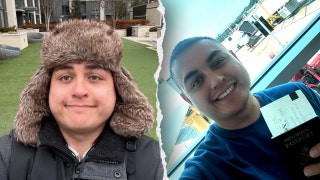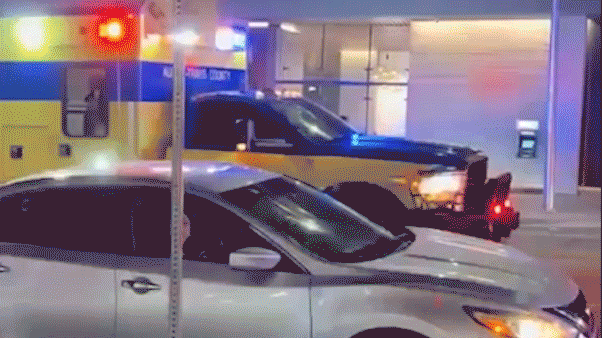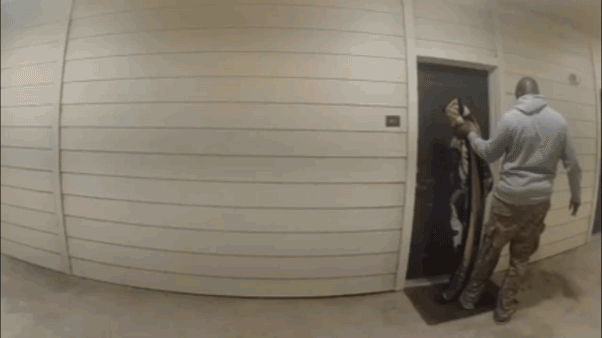COLUMBIA, S.C. – The bodies of a father and son killed recently when their small private plane collided with an Air Force F-16 fighter jet in South Carolina have been recovered from a river, authorities said Thursday.
"The son, Joseph Johnson, was recovered in about 12 feet of water in the Cooper River" on Wednesday afternoon, Coroner Bill Salisbury in Berkeley County told the Associated Press by telephone. The body of his father, Michael, 68, was found earlier that day in the same river, Salisbury said.
Joseph Johnson, 30, was piloting the small aircraft at the time of the collision Tuesday morning in skies above Moncks Corner, a small town about 30 miles north of Charleston. The two men were on a day trip to the coastal resort of Myrtle Beach, officials said.
F-16 pilot Maj. Aaron Johnson ejected safely after the collision and parachuted to the ground. He had been flying solo out of Shaw Air Force Base in the central portion of the state and was conducting a training flight, Air Force officials have said.
Salisbury said autopsies on the two were being conducted at the Medical University of South Carolina in nearby Charleston. He said he hoped to release the bodies to the family perhaps later Thursday or Friday.
The National Transportation Safety Board is investigating.
Authorities are at the two aircraft crash sites, located about 10 miles apart, the coroner said. "There are still search teams in the area," Salisbury said. "The divers are doing a grid search in the river. They have also recovered aircraft items: fiber glass, pieces of plastic, a seat from a plane."
The F-16 crashed-landed in woods at the privately owned Lewisfield Plantation, an estate dating to 1750. Pieces of the Cessna were strewn over several thousand feet near the Cooper River outside of Moncks Corner.
The coroner said about 100 individuals from two counties, the South Carolina Department of Natural Resources, the Air Force and NTSB were cooperating in the search effort with helicopters, drones, fan boats and assorted water craft in use.
On Wednesday, National Transportation Safety Board investigator Dennis Diaz said the goal was to document both crash sites, interview witnesses and gather any data from radar and flight data recorders. He said the F-16 pilot would be interviewed later.
Diaz said it wasn't yet possible to provide the direction, speed or altitude at which either aircraft was traveling.
The jet pilot was taken to Joint Base Charleston's medical clinic for observation and then returned to Shaw. He said an initial report with preliminary results might not be available for weeks at earliest.
Johnson is a 2003 graduate of the Air Force Academy and has been piloting F-16s since 2005. He's also been an instructor on attack drone aircraft and has been honored with several awards, including the Air Force Commendation Medal and the Aerial Achievement Medal, according to his military personnel records.
Warplanes from Shaw Air Force Base, about 35 miles east of Columbia, routinely fly training missions over eastern South Carolina and the Atlantic.
The Cessna 150 is a two-seat propeller plane that typically weighs about 1,500 pounds when fully fueled. By comparison, an F-16 is about 50 feet long and weighs nearly 10 tons, not counting fuel or weapons. The F-16 was not carrying any live munitions at the time, Air Force officials said.
___
Follow Susanne M. Schafer on Twitter at: http://twitter.com/susannemarieap









































